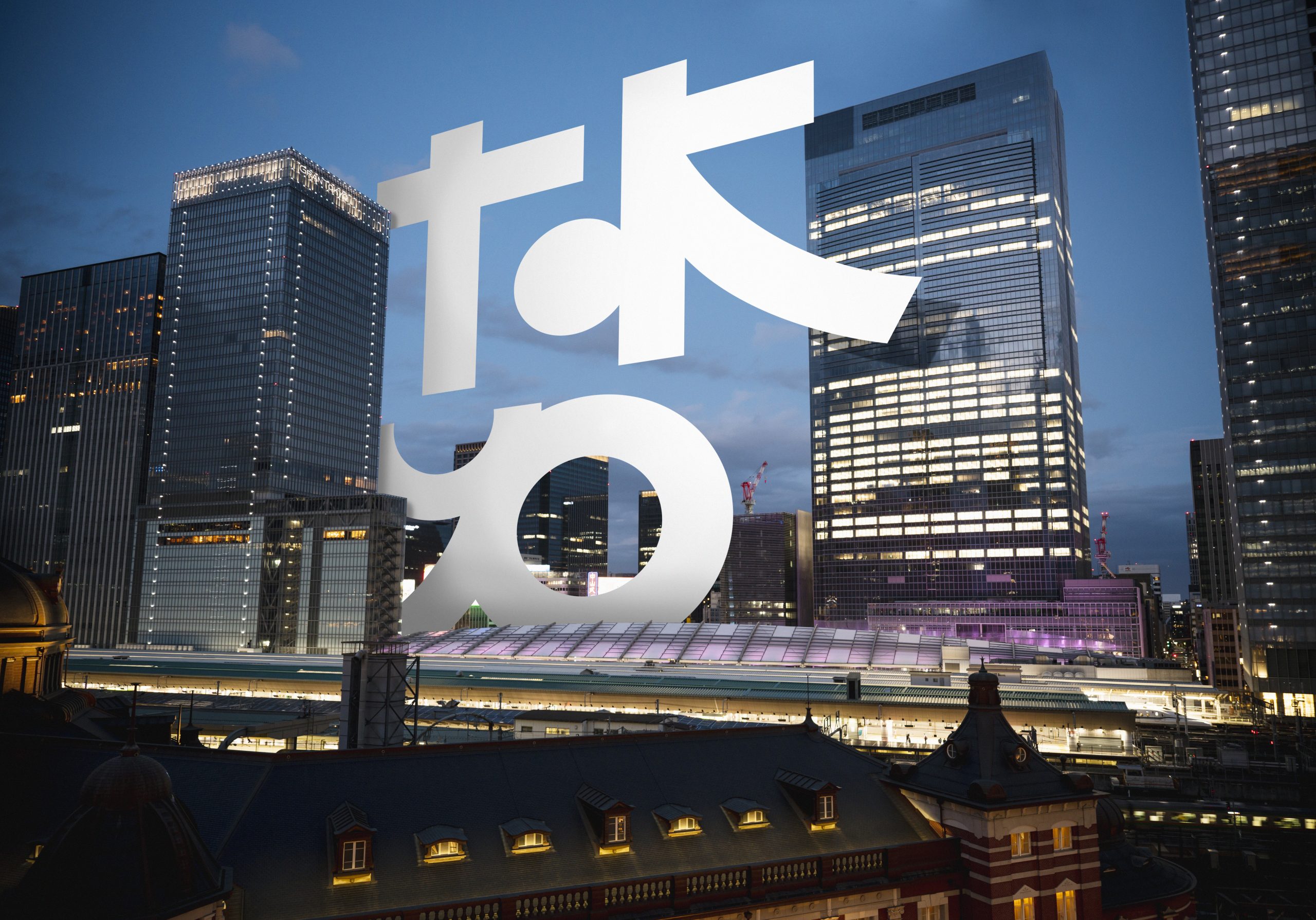In Japan, the mode of earning is directly related to business type and other factors such as job market, minimum wage, taxes, etc. But still, Japan holds a strong position in the world’s economy. So, the average salary in Japan ranges between ¥ 290,000 and ¥ 5,421,176, which is a handsome figure to start your career in Japan or get a good option to live a healthy, happy life.
It’s important to understand the job market of any country you want to move to. In Japan, companies that are focused on tech, automobile, machinery, or manufacturing sectors are generating more revenue than any other industry. So, if you are planning to establish a business or expand the resources, know how much you need to cover the costs of employees.
In this blog, we’ll identify the average salary in Japan, understand the job market for highly paid and low-income jobs, the increment ratio, weekly or biweekly salaries, etc. So, keep reading!
Survey Statistics on the Annual Salary in Japan
Before diving into factors that are proportional to productivity metrics and growth, we’d like to draw your attention to a few statistical figures for a better picture:
- The Average Salary of An Employee In Japan is 2606 Japanese Yen (JPY)
- Average Salary of An Employee in USD: 17.98 US Dollars
- Are there housing allowances given? NO
- Are there transport charges other than basic salary? NO.
- A survey conducted revealed that the monthly salary of an employee ranges around 130,000 JPY to 2,300,000 JPY. However, the maximum salary may be higher than this value.
- Half of the population in Japan earns around ¥ 472,000 / month or less, while 50% of the population’s salary stretches beyond this line. So, the Median salary helps to regulate the average income graph every year.
- The bottom line was that in any industry, pay per hour depends on the region. For example, Tokyo draws about ¥1113 per hour, while Hong Kong has 42.1 HK$, which is equivalent to ¥20 per hour. One can easily estimate the average minimum salary based on the above figure with a 40-hour working week.
Point to Ponder: Employees working overtime are offered exceptional rates compared to hourly rates, according to the Labor Standards Act.

Factors Impacting Salaries In Japan:
The four fundamental factors that influence salaries are discussed below:
- Region-Based Salaries
You’ll see a big gap in average salaries in all the regions of Japan, as bigger regional areas attract more opportunities, such as in Tokyo, where monthly wages range up to 576,000 JPY (3,703 USD), followed by Yokohama, 566,000 JPY (3,639 USD), and Osaka, 557,000 JPY (3,581 USD). However, at the bottom line are the Okinawans with a 390,000 JPY (2,873 USD) monthly wage. These are estimated values and may fluctuate every coming year.
- Job According To Education
Like many countries, salaries are dependent on education and experience. So, we are in Japan, where the average salary increases based on professional qualification. For Instance, individuals without a bachelor’s degree or diploma have a better salary than those with a high school diploma. On the upper edge, Ph.D. degree holders attain good jobs with 23% more salary than a master’s degree professional.
- Salaries Based On Experience
Employees with more experience and skills are getting high-paid jobs, while freshers are offered minimum wage. Generally, employees earn a higher salary if they have more experience. The retirement age is 60, so the more the average salary increases with experience, the better the living opportunities.
- Industry-Based Salaries
In Japan, salaries offered to employees have a layout where each profession has its own labor laws and minimum wage packages. Such as medical health professionals, such as doctors or nurses, were able to earn around 66,218 USD; below this line are scientists or technical employees who have 57,796 USD, and educational teachers or staff fall under 46,417 USD.
The data presented in this blog is sourced from Salary Explorer!
- Foreigners’ salaries in Japan
According to the Ministry of Foreign Affairs in Japan, labor salaries were fixed not to be under ¥232,600, significantly lower. However, foreigners must be offered handsome salaries to fill the gaps, such as the difference of ¥85,700 that exists between Japanese workers and foreigners!
How To Manage Salaries in Japan?
StaffWatcher is a tool that allows business owners to manage their workforce smartly via desktop. The app calculates billing hours based on automated timesheets, which are precise and 100% accurate. Here are some amazing features of Saffwatcher with its free availability.

- Real-Time Tracking: Employers can easily monitor employees from the dashboard and spot the active and idle time of their team. This data can be saved and recorded for future use.
- Employers can capture screenshots at intervals of 10 minutes that aim to keep records of activities.
- It accurately records employee log-in time and log-out time; moreover, it has a built-in feature to detect keystrokes, so each minute will be paid for now.
- Employers can analyze and visualize a team’s performance and identify any delays or missed deadlines.
- A payroll feature will be integrated to streamline and simplify your computations. efficiently.
- This helps to guarantee that the company receives the most return on its workforce investment.
To manage and track your remote teams, work performance, and compensate remote teams, this tool is an edge, streamlining all operations.
Final Thoughts
Japan’s economy, which ranks fifth globally, is among the largest. However, the employment market is very different here and is influenced by a number of variables, including gender, age, education, experience, and geography. The most developed and biggest cities, such as Tokyo, have massive job markets with all-level jobs, but the government has placed a threshold of minimum salary that must not be below 30,400 JPY to 39,600 JPY (224 USD to 292 USD) per month. However, outsourcing and remote options are more required in 2025, and are shifting the average income of employees.






